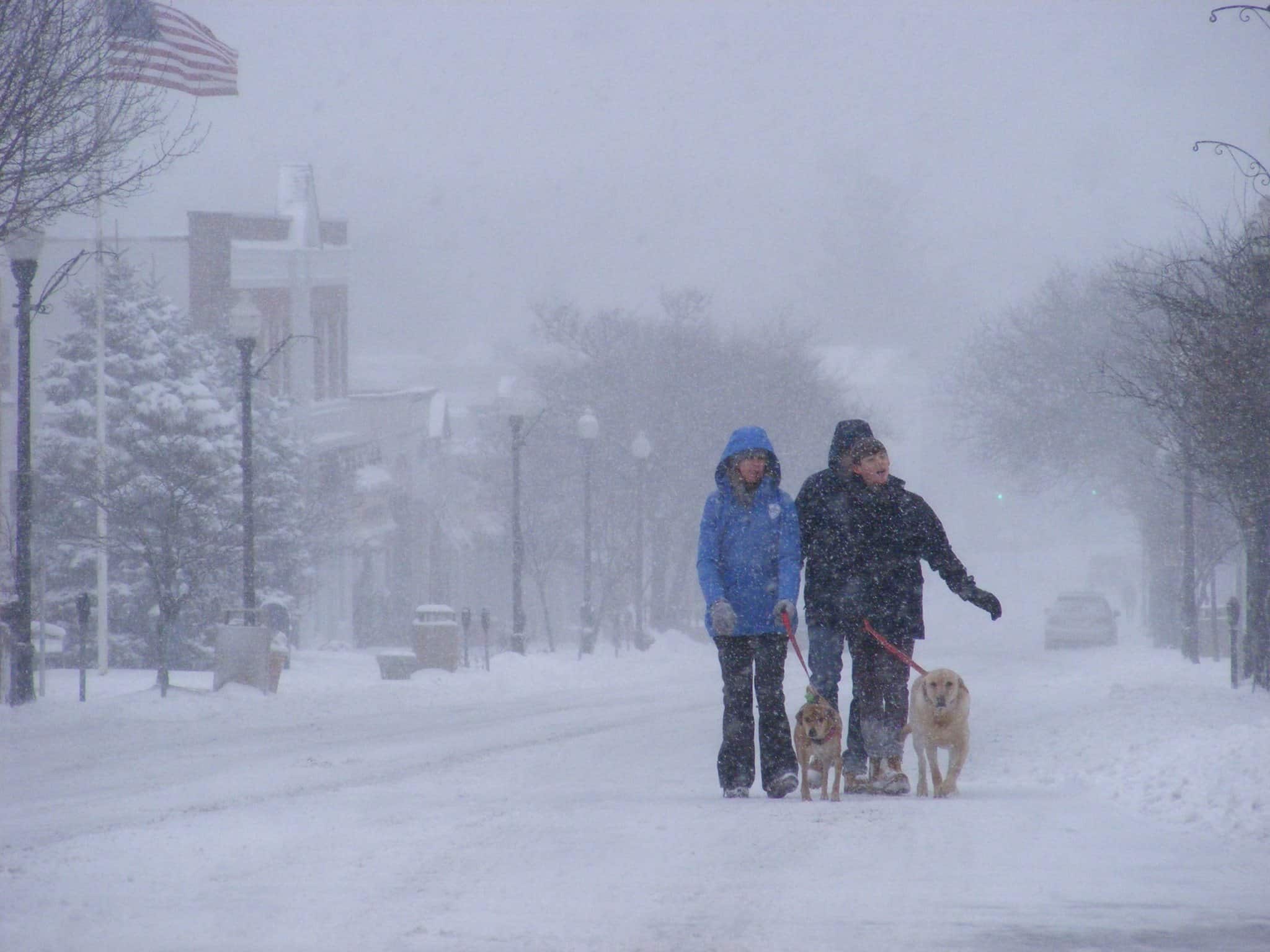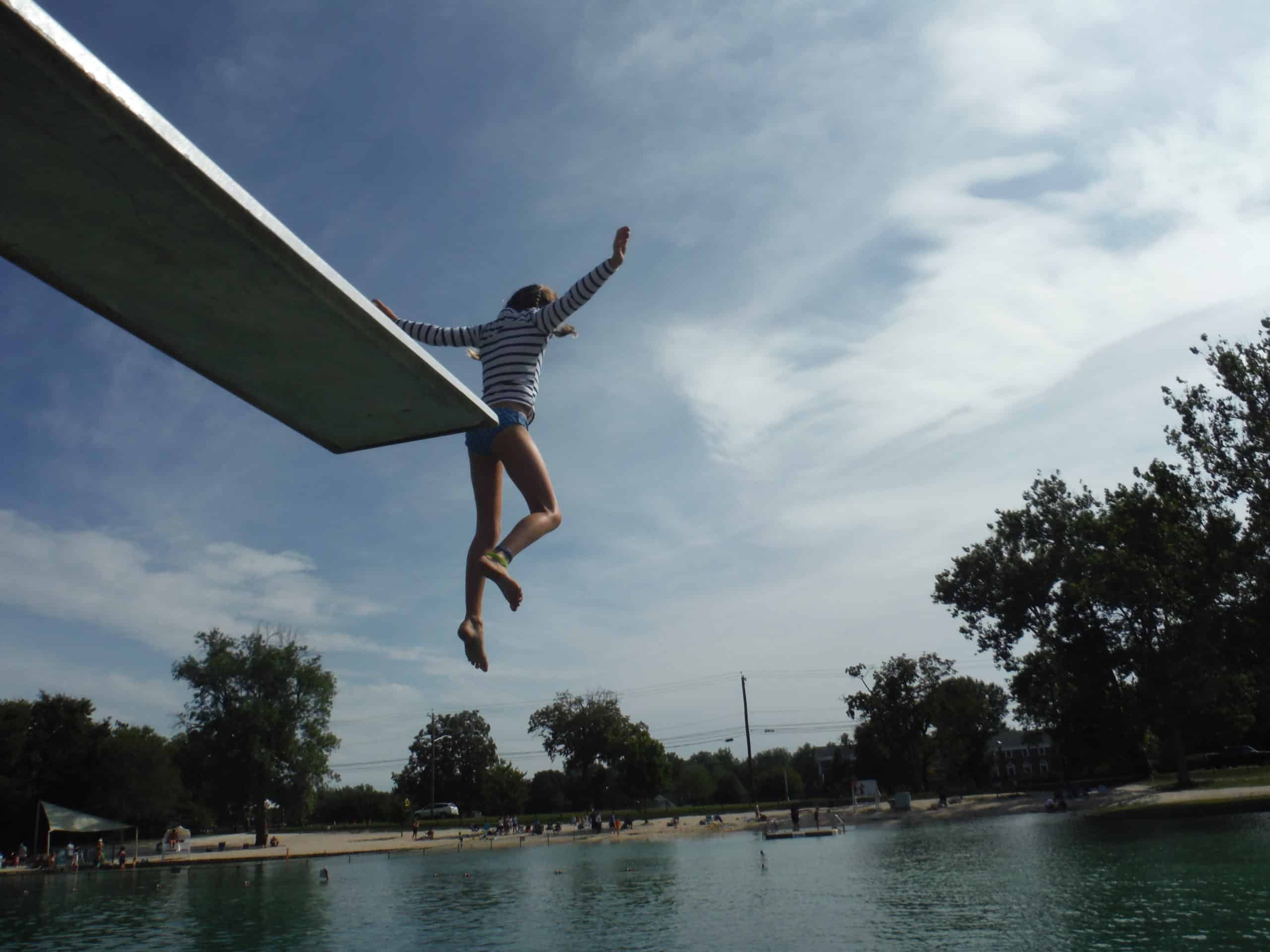Additional crews and equipment on hand to restore service and keep homes warm(NEWARK, NJ – Jan. 21, 2013) Public Service Electric and Gas Company (PSE&G), New Jersey’s largest electric and gas utility, is preparing for another round of freezing temperatures and accumulating snow that will affect its service territory beginning today.Snow, by itself, does not pose a serious problem for utilities, but heavy snow, icing and strong winds can increase the possibility of downed wires and associated power outages. Vehicles striking utility poles can also cause wires to come down. To respond to any electric outages, PSE&G has additional equipment and personnel on hand.The utility is monitoring its gas system and taking steps to ensure it can meet the demands of customers. These steps include maintaining and adjusting pressure at various points in our system. PSE&G also has extra gas personnel on hand to respond as quickly as possible and handle emergency heating requests.
As low temperatures and snowy conditions blanket the area, PSE&G offers the following tips:
CUSTOMERS WITH INSUFFICIENT OR NO HEAT
In many cases, customers are calling because of insufficient heat – their furnaces are working but are having difficulty handling the lower temperatures. Although the company is sensitive to customers’ heating inquiries, insufficient heat is not always caused by defective heating equipment. The colder it is outside, the harder the heating system must work to satisfy the same thermostat setting. The heat loss in a home may exceed the output capacity of the heating system. At times like these, the room temperature may not reach the thermostat setting, especially if the thermostat is raised to a higher than normal setting. Customers can comfort themselves by doing the following:
Seal up openings around and under doors and windows
Make sure all storm windows are down and tightly closed
Lower thermostats serving unused rooms
Close dampers in unused fireplaces
Move furniture and drapes away from heating registers, radiators, and baseboard element covers
Open any register or baseboard dampers
Warm air systems – replace dirty/clogged air filters
Steam systems – check for sufficient water levels in the sight glass
FOR SAFETY’S SAKE
Be cautious when using space heaters. Read and follow the manufacturer’s instructions and heed warning labels. Be sure all members of the household understand how to operate space heaters safely.
Don’t try to use a gas oven or range to heat a room – the appliance will deplete oxygen from the air, causing asphyxiation or deadly carbon monoxide poisoning. Carbon monoxide (CO) — an invisible, odorless, tasteless and non-irritating gas — is the leading cause of accidental poisoning in the United States. Natural gas, oil, propane, coal or wood, produces CO.
The first line of defense against CO poisoning is to make sure all your fuel-burning appliances operate and are maintained properly. These appliances include gas and oil furnaces, water heaters, gas ranges, space heaters, and gas clothes dryers. Improperly vented fireplaces and charcoal grills can also give off CO.
Invest in carbon monoxide detectors as back-up protection, not as a substitute for proper use and maintenance of the fuel-burning appliances. CO alarms can provide an early warning to consumers before CO builds up to a dangerous level. The US Consumer Product Safety Commission recommends placing a carbon monoxide alarm in every area of the house. If just one alarm is installed, it should be placed near the sleeping rooms of the house. If you already have one, remember to check the batteries regularly.
If you are calling for service, please make sure that your walkways are clear of snow and ice for safe access by our employees.
KEEP YOUR GAS METER AND APPLIANCE VENTS CLEAR OF SNOW AND ICE
You can help keep your natural gas supply flowing by keeping your meter free of snow and ice. If you are a natural gas customer whose gas meter is on the outside of your home or business, please take the following precautions:
Clear snowdrifts away from the meter and piping.
Do not pile snow on top of the gas meter or around its connecting piping when you are shoveling your premises.
Brush snow from the meter and piping before a thick layer of ice builds up.
Clear snow from dryer vents to prevent fumes from backing up into your house.
IF YOUR METERS ARE SCHEDULED TO BE READ
While we always try to obtain an actual reading, occasionally it’s necessary to estimate a reading to ensure the safety of our employees. Ways that you can help us keep our employees safe and avoid estimated bills:
Ensure walkways and entrance ways are cleared of snow and ice.
Ensure a clear pathway to the meter.
Secure pets while meters are being read.
Utilize our Record-a-Reading option or enter your reading on-line via the PSE&G website on www.pseg.com.
WHEN YOU DRIVE PAST OUR WORKSITES OR VEHICLES
Please slow down and be alert when driving past a PSE&G roadwork jobsite, especially in snowy, icy weather. Driving too fast can endanger employees and hamper their ability to perform important work. PSE&G crews use work area protection – traffic cones, utility work signs and flaggers – to protect them and to allow them to do their jobs safely. Follow safe driving techniques to prevent fender-benders or more serious collisions that could delay our service technicians as they respond to customer calls or emergencies.
DOWNED POWER LINES
Accumulation of ice and heavy snow may weigh down power lines and as a result cause power lines to come down. Downed wires may appear dead but should always be considered “live.” STAY AWAY FROM ALL DOWNED LINES. Do not approach or drive over a downed line and do not touch anything that it might be in contact with. Parents are urged to check for downed wires in areas where their children might play and to remind the children to stay far away from any wires. If a wire falls on a vehicle, passengers should stay in the vehicle until help arrives. To report a downed wire, call 1-800-436-PSEG and tell PSE&G the nearest cross street.
CUSTOMERS WITH LIFE-SUSTAINING EQUIPMENT
Individuals who rely on electricity to operate life-sustaining electronic equipment, such as a respirator or dialysis machine, should pre-register with PSE&G to receive priority attention in the event of an outage. To request the service, call PSE&G at 1-800-436-PSEG. They should also inform their rescue squads and fire departments of their needs, in case of emergency. Even though customers with life-sustaining equipment who have registered with PSE&G will receive priority attention during outages, they should also have emergency back-up equipment on hand, since immediate restoration cannot be guaranteed.
IF YOU LOSE POWER
First check your neighborhood. If you are the only one without power, check your fuse box for tripped circuit breakers or blown fuses. If that’s not the problem, look outside at the wire between your house and the utility pole. If it is down, report it immediately to PSE&G.
To report downed wires or power outages, customers should call PSE&G’s Customer Service line at 1-800-436-PSEG. PSE&G uses an automated system to handle customer calls as efficiently as possible. Customers who get an automated response when calling PSE&G are encouraged to use it, as it is designed to route their calls to the right destination quickly. The system also provides the option to speak directly to a customer service representative. If you have specific information regarding damage to wires, transformers or poles, we ask that you speak with a representative to provide that information.
Customers with a handheld device, or who are at an alternate location with power, can also report power outages and view the status of their outage by logging in to My Account at pseg.com.
General outage activity throughout our service territory is available online atwww.pseg.com/outagecenter and updates are posted on pseg.com during severe weather.
The utility’s Twitter page also keeps the public informed about our restoration progress. Sign up as a follower at https://twitter.com/psegdelivers to monitor restoration progress. Customers also can register for text and email alerts at pseg.com/myaccount
GENERAL TIPS
Mother Nature can be unpredictable. It’s wise to have an emergency kit on hand year round. Here are some things to include:
A battery powered radio.
A corded telephone. (Cordless phones will not work if the power is out.)
Flashlights and extra fresh batteries.
A first-aid kit.
Bottled water and an adequate supply of non-perishable food.
A non-electric can opener.
Matches and candles with holders.
Extra blankets and sleeping bags.
A list of emergency phone numbers, including PSE&G’s Customer Service line: 1-800-436-PSEG. Call this number to report power outages or downed wires.
Public Service Electric and Gas Company (PSE&G) is New Jersey’s oldest and largest regulated gas and electric delivery utility, serving nearly three-quarters of the state’s population. PSE&G is the winner of the ReliabilityOne Award for superior electric system reliability. PSE&G is a subsidiary of Public Service Enterprise Group Incorporated (PSEG) (NYSE:PEG), a diversified energy company (












